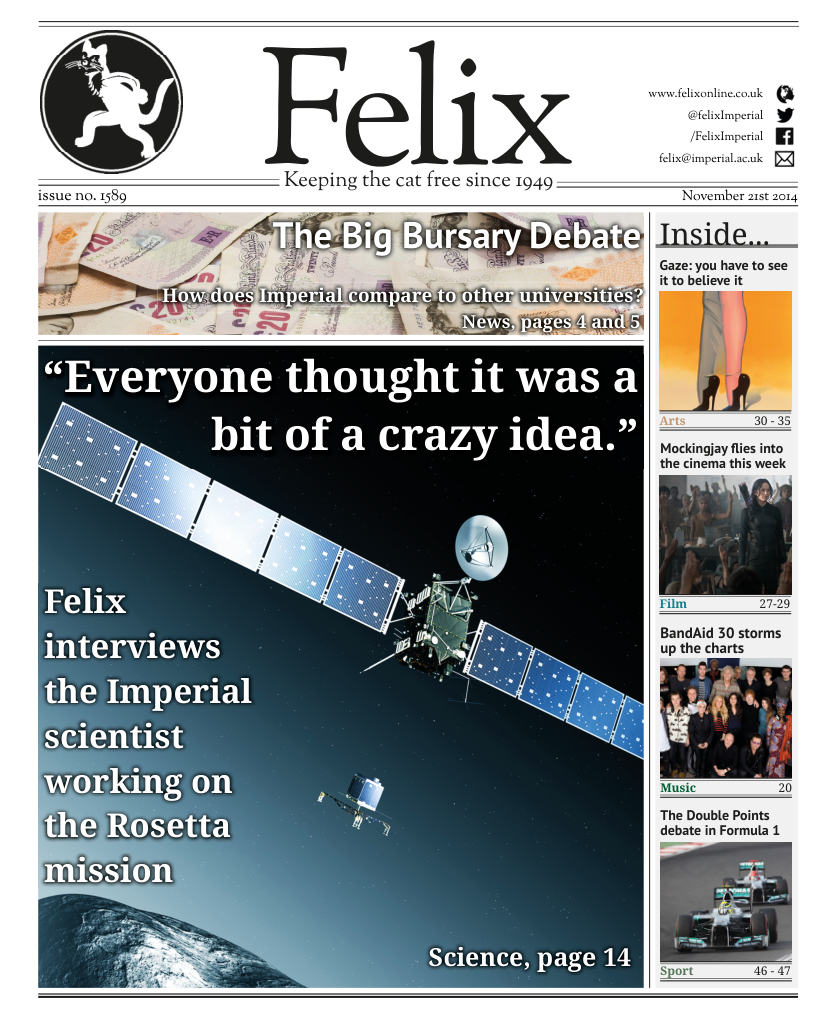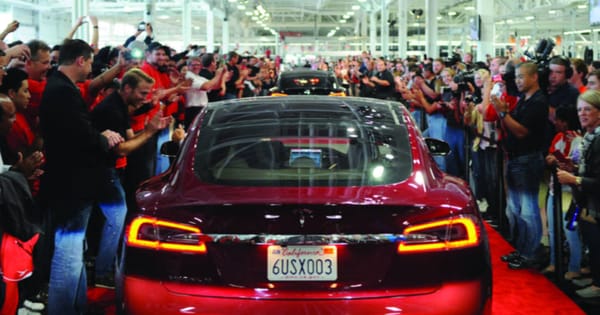Commercialisation in creative technology
Xuan Chen discusses his disappointing trip to the UK Apps Conference

The release of the iPad in the UK in the early summer of 2010 was a watershed moment which forever changed the way we interact with application technology. It was only a matter of time before a number of social entrepreneurs decided to weave the creative talent together in the form of conventions, and seeing promise and potential in the emerging technological industries, catalyse creative development in the area. Apps World is one such conference which has been growing since its debut five years ago, which means that on Wednesday 12 November 2014, I attended the biggest developer conference ever held in the UK to date.
After finally reaching my destination, a medium-sized hall in the corner of the ExCel exhibition centre, I registered for my press pass (which is required to attend all the conferences and would normally set you back the value of the Gold Pass, £995) and took a look inside. My first impression was disheartening. I saw representatives from start-ups in neatly pressed suits, wearing faces of uncomfortable courtesy in a field of stalls awash in blue, grey, and black. I saw nothing of the open, expressive, and passionate start-up culture I was expecting – hardworking, independent, and creative developers – and all of the hard, cold masks reminiscent of the ones given to every new employee of the financial sector each year. This was when I made the (perhaps premature) decision to skip the party in the evening at the O2, with an entry fee of £55.
However, not being one to be deterred by my refuted expectations, I headed inside to take a look at the stalls which were shared between marketers from established companies, start-ups, and game developers. The former, including brands such as Amazon, focussed entirely on selling their product to developers.
I recognised half the brands from the questionable advertising arising from mass-contacting and abusing my company’s contact details. Upon being questioned by me on the product specifics, none of the representatives could actually answer my questions as a developer (“how easy is this API to integrate into my app compared to other networks?” to the Amazon mobile ads representative, for example) which effortlessly exposed them as pure marketers, ill-suited to pitching products they know little about to seasoned developers and passionate enthusiasts.
Having moved past this rather painful kick in the teeth, I headed over to where the start-ups and game developers were showcasing their products. I was surprised to learn that most of these were in alpha or beta stage, and that they came to gain exposure through the press or perhaps even funding opportunities.
A team of designers showed me their Oculus Rift virtual beach simulation, and I had a chat with a Taiwanese developer releasing his Android game onto the Western market. I tried a web-based browser game and then broke the physics of an arcade simulation just around the corner.
I was feeling slightly better at this point – this is the side of the industry that sufficiently motivated me to teach myself four years of programming in the first place – but I couldn’t ignore the tendency to lean towards the investor-focussed displays. In short, there were a lot of creative ideas in development, but they were all exactly that: in development, and almost certainly looking for money, rather than exposure.
The ‘workshops’ which one would normally have to pay so much for turned out to be mainly panels, with people with long titles giving tips in monotonic voices about how ‘best’ to develop and implement strategies for the specific platforms. Since there wasn’t a unified timetable in the first place, choosing which workshops to attend added extra stress to the event participator as you’d always be missing out on something whilst you were in a different room listening to a different panel, and it wasn’t exactly the kind of material you could drop in and out of.
The panels may have been of some use to some extremely niche developers but they weren’t overtly engaging or interesting; you have to sit down, take notes, and pay attention to get the most out of it.
Credit should be given to those companies which did make an effort with adding creative flair to their product marketing and sending passionate developers to engage with the passing audience, but unfortunately they were the minority and I get the impression that the target audience (young, naive business school grads who think that turning up in a suit is impressive) didn’t care that much about their efforts either.
I absolutely hate the side of capitalism which suffocates the creative industries in favour of capital-returning investments. Unfortunately, the event that I so hoped to be a stalwart unification of opposition against the corporate norms came very close to being just a networking event for those exact people. I sincerely hope that technologies continue to evolve at their current expeditious pace, so that those with real creative passion can continue to stay one step ahead of the soul-crushing capitalism; able to showcase their unique creations and designs and to receive just praise and admiration for it in the future.








